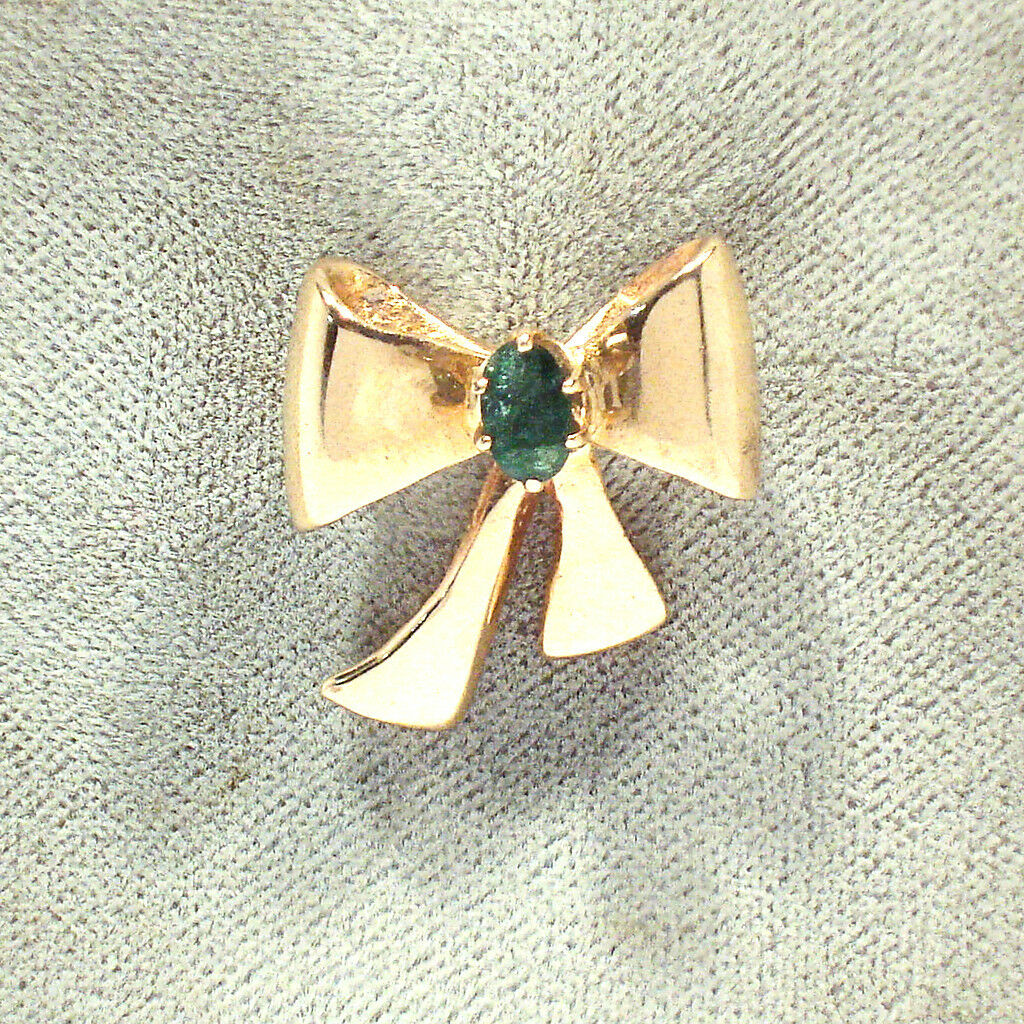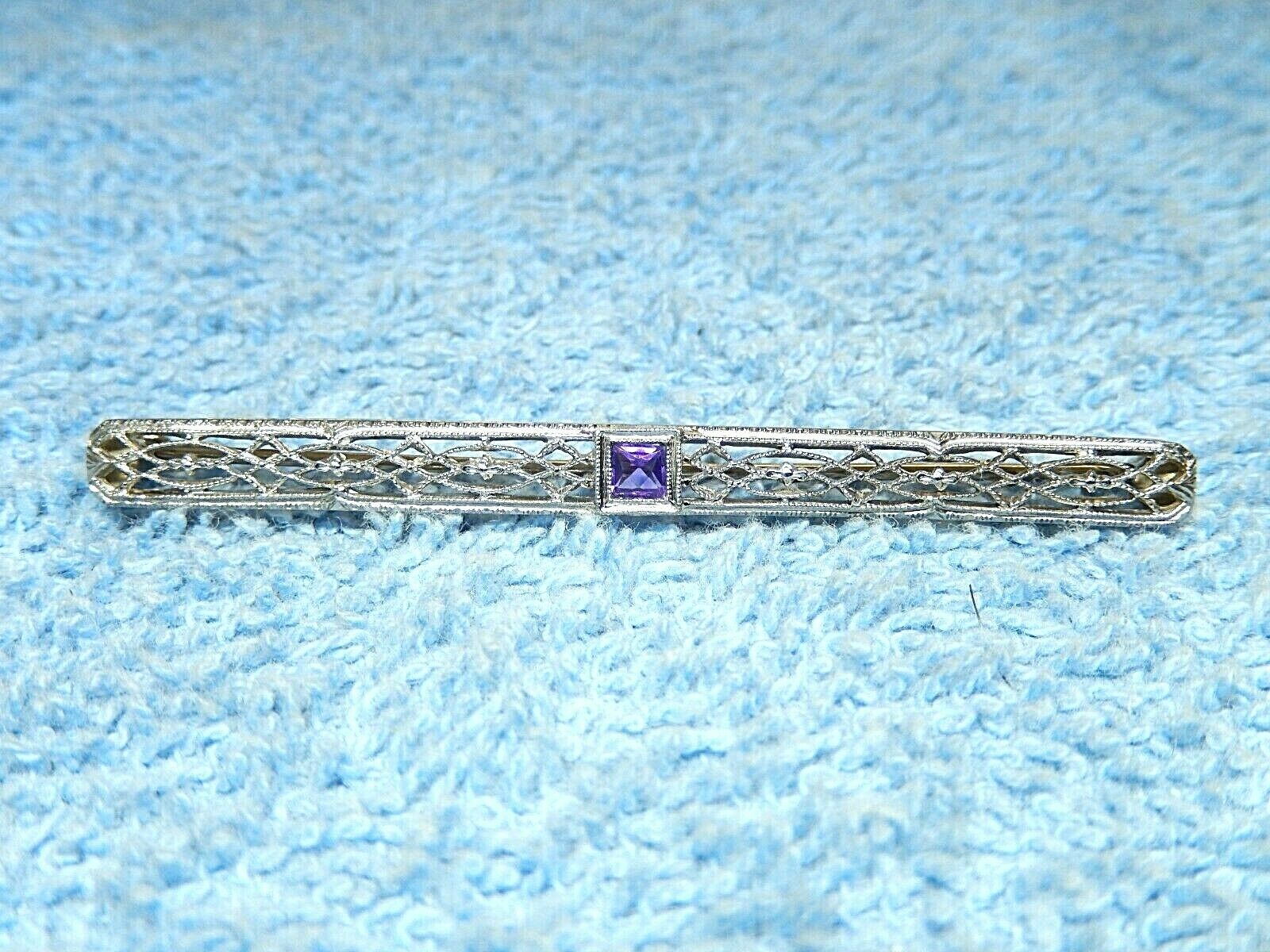-40%
Biwa Pearl from Lake Biwa NOS Vintage 14K Yellow Gold Stick Pin Set
$ 59.4
- Description
- Size Guide
Description
BIWA PEARL STICK PIN (Vintage)this is New from my Old jewelry store Stock
Very Rare and not produced any longer.
The pin is 14k yellow gold
The overall length is three (3)inches long. The pearl is 5/8"
The pearl is a *Natural*Genuine*BIWA Pearl
from Lake Biwa, Japan
It measures 16 mm by 8 mm by 5 mm
It is white with an ever so light hint of a pinkish hue.
It has very nice luster and thick nacre.
It is blemish free.
NOTE: This is a real natural Biwa Pearl from Lake Biwa, Japan
Please don't mistake this to be the cheap fresh water pearls from China.
Even though they label them as biwa, they are not.
Please read the information below copied from the eBay Info Page.
Thank You
Jerry
June 29, 2010
Japan Biwa Pearls
The Japanese have a distinguished history of culturing freshwater pearls.
Freshwater pearl cultivation originated in Lake Biwa, Japan in 1914. For over half a century, pearls from this lake enjoyed status as the most beautiful in the world.
Lake Biwa was once world renowned for producing high-quality freshwater pearls produced by the Hyriopsis schlegelii, (Biwa pearl mussel) mussel.
Consequently, freshwater pearls from all over Asia began to be FALSELY referred to as “Biwa Pearls.” (Technically, Biwa pearls can only be from Lake Biwa).
Any Chinese pearl falsely described as “Biwa pearl” is not a genuine rare Japanese Biwa pearl from Lake Biwa.
Biwa pearls are freshwater pearls cultivated in the freshwater mollusk Hyriopsis schlegelii native to Japan’s Lake Biwa, a large lake near Kyoto.
Sadly, in the mid 1970's pearl farming came to a halt in this lake that was once synonymous with freshwater pearls.
Pearl production in Lake Biwa began to decline then ceased to extinction. The primary cause was environmental pollution.
















